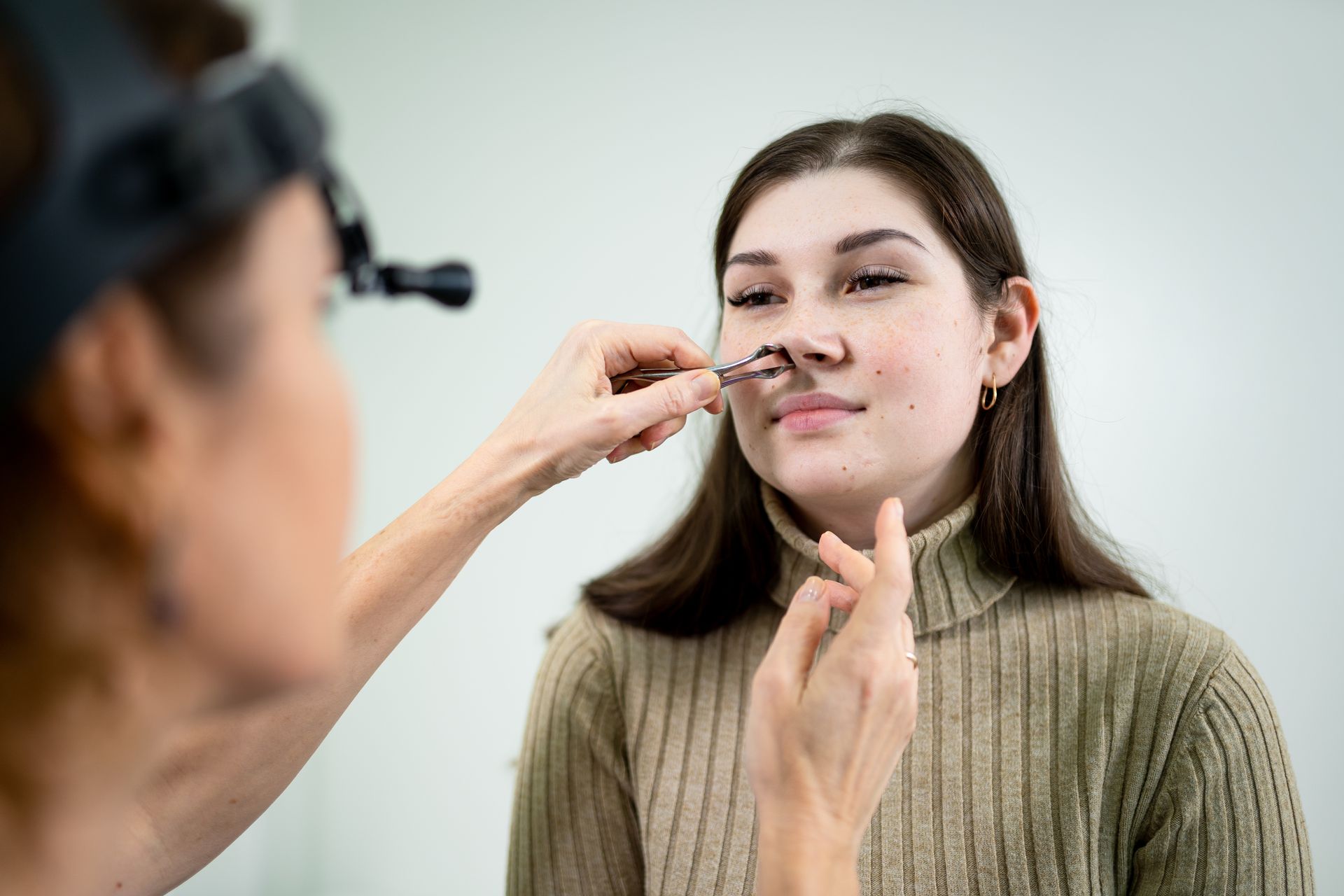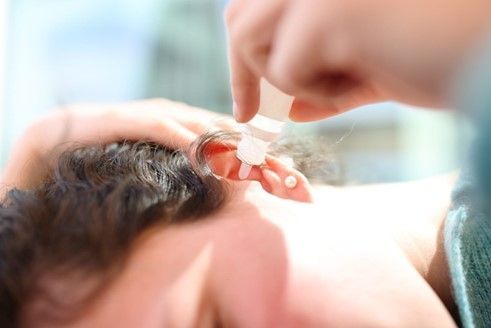When Is Revision Sinus Surgery Necessary?
If you’ve had sinus surgery before but are still experiencing symptoms like congestion, facial pain, or frequent infections, you might be wondering: When is revision sinus surgery necessary? Let’s talk through what revision sinus surgery means, why it might be needed, and what you can expect.
What Is Revision Sinus Surgery?
Revision sinus surgery is a follow-up procedure for people who have had sinus surgery before but still experience symptoms like congestion, pain, or infections. It helps to fix any ongoing problems or new issues in the sinuses that the first surgery didn’t fully address. The goal is to improve breathing, reduce discomfort, and prevent future infections.
Why Might You Need Revision Sinus Surgery?
While primary sinus surgery helps many people, it’s not always a permanent fix. Research shows that about 10-15% of patients who undergo sinus surgery may require revision surgery later on.
Here are some common reasons why:
- Persistent or Recurring Sinus Infections: Sometimes, sinus passages don’t heal correctly, leading to ongoing infections.
- Inadequate Opening of Sinus Cavities: If the sinuses aren’t fully opened or draining properly after the first surgery, symptoms can continue.
- Scar Tissue Formation: Scar tissue can block sinus drainage pathways.
- Nasal Polyps Returning: Polyps can regrow and cause obstruction.
- Underlying Health Issues: Allergies, immune system problems, or anatomical variations like a deviated septum may contribute to ongoing symptoms.
- Failure of Previous Procedures: If the initial surgery was not successful or did not provide the expected relief, a revision may be warranted.
Signs You Might Need Revision Sinus Surgery
If you’ve had sinus surgery and are experiencing any of the following signs, it may be time to consult with your ENT specialist about the possibility of revision surgery:
- Frequent Sinus Infections: If you’re experiencing multiple sinus infections per year despite surgery, this could be a sign that something isn't right.
- Chronic Nasal Congestion: Ongoing nasal congestion that doesn’t improve with medications or other treatments may indicate that your sinuses are not draining properly.
- Facial Pain or Pressure: If you continue to experience facial pain, pressure, or headaches, it’s essential to discuss these symptoms with your healthcare provider.
- Nasal Polyps: The development of nasal polyps, which can block the nasal passages, may require additional surgical intervention.
- Postsurgical Complications: If you experience complications following your initial surgery, such as excessive bleeding or infection.
If these symptoms sound familiar, it’s important to consult your rhinologist or nose specialist for an evaluation.
Recovery After Revision Sinus Surgery
Most patients experience significant symptom relief after revision surgery. Recovery from revision sinus surgery is similar to primary surgery but may take a little longer due to the complexity.
Patients can expect:
- Swelling and Discomfort: Some swelling and discomfort are normal and can be managed with prescribed pain medications.
- Nasal Care: It’s crucial to follow your doctor’s instructions for nasal care, including saline sprays or rinses to keep the nasal passages clear.
- Follow-Up Appointments: Regular follow-ups with your ENT specialist will be necessary to monitor healing and ensure the success of the surgery.
How to Reduce the Need for Revision Surgery
While not all cases are preventable, you can lower your risk by:
- Managing allergies and asthma effectively
- Following post-surgery care instructions closely
- Avoiding smoking and irritants
- Keeping up with regular ENT check-ups
Sinus and Nasal Experts in Louisville, Kentucky, and Jeffersonville, Indiana
Revision sinus surgery may be necessary when initial treatments do not fully resolve chronic sinus conditions. If you continue to experience persistent symptoms, it is important not to disregard them. Consult with the sinus and nasal specialists. At Kentuckiana ENT, our experts are committed to providing comprehensive and accessible ENT care to patients in Louisville, Kentucky, and Jeffersonville, Indiana.













